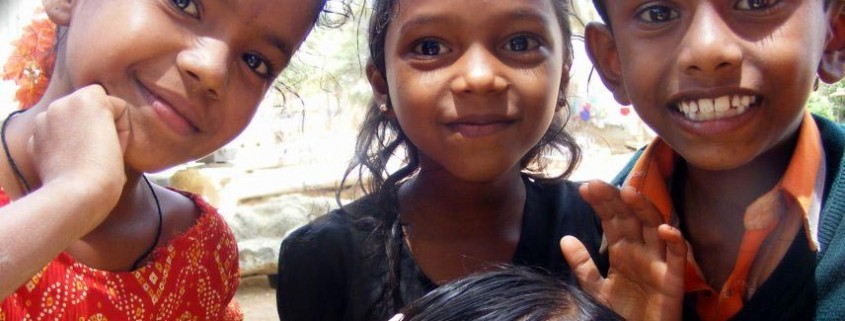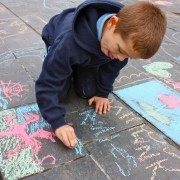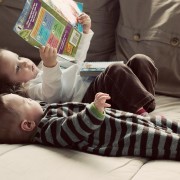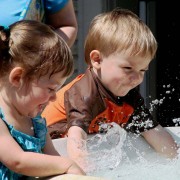S.M.I.L.E. – 5 signs to look for that your child is developing well
How’s your smile going? Some days in parenting there are so many things to smile about…. Your toddler saying something cute; your baby sleeping; your children playing together; or watching your child ‘read’ to Grandma. And then there’s all the firsts… the first tooth, the first time they crawl, or take their first steps, or tie their shoelaces – all of these lead to smiles from us and no doubt from the proud child as well!
S.M.I.L.E. is also an acronym, which some Parenting Consultants use as a checklist for development. It stands for:
S = Social development
M = Motor development
I = Intellectual development
L = Language development and
E = Emotional development.
All of these are key areas to watch, for continued progress in a baby or child’s progress. Let’s look further into these:
Social development refers to interacting with others either 1:1 or in multiples and is the learning of the knowledge, skills and values of the family, which will help the child to relate to others. This is initially learnt within the family context, and later may involve care givers, educators etc. These skills will help them negotiate social relationships with others. If you, as a parent model and teach your children how to welcome friends, how to greet people, who to cuddle and who not to cuddle, how to ‘read’ if people are enjoying an activity or not, then your child will have those skills. As children’s social skills develop, they take a more active role in shaping their relationships with other.
Motor development is the child’s body control through their muscular development. It starts not long after birth when babies begin to hold their heads up, and then later pushing up on their forearms when they are having tummy time. Babies begin to gain control from the head down – meaning they get control of their head, then torso, before their legs. Gross motor refers to the large muscles such as the legs and arms. Fine motor refers to the muscles in their eyes and hands – the ability to hold objects and later grab smaller things such as a pencil or being able to thread beads onto a string.
Intellectual development is the ability of the child to think about and understand their world. It begins with simple things like a baby noticing that when he smiles, someone smiles back at him. Or an older baby noticing that when s/he drops a book from the highchair it makes a big noise, but when s/he drops mashed potato it doesn’t. It refers to the ability of the child to start making connections. These connections are actually the development of neural pathways (or nerve cells) in the brain. The connections only become ‘solid when the child repeats the experience over and over. It’s the same for us… if we hear a new Spanish word just once, we probably won’t remember it. But, if we hear it regularly, it becomes’ easy’ to recall.
Language development is the learning of communication methods. In babies this begins with making eye contact with another person, and then with producing ‘coo-ing’ sounds, and getting a response. Children have 2 languages – Receptive Language, which is what they hear and take in eg footsteps up the hall means Mum is coming to pick me up, and Expressive language is what babies and children put out – the coo’s, the babbling, the beginning of words and eventually a huge growth in their expression of words. Over time they learn the ‘rules’ of speech and develop more clarity. Children are also able to more readily learn a second language at an early age as their brain is in maximum growth development.
Emotional development begins with learning to trust – to trust that when I (as a baby) cry to say that I’m hungry, that someone will feed me. Babies and toddlers are also learning about security – that their parents or care-givers continue to provide support, encouragement and safety. You often notice young children turn to see where their parent, is when they are wandering away, or to check in with them when they are scared, or stuck. They learn about the reliability of their parents to consistently meet their needs. Interestingly as children feel more secure in that trust and consistency, it helps to foster more brain development!
So, next time you see your child smiling, or you are smiling at them, you’ll remember all these amazing stages of development which lead to growth.
Happy SMILING week!








